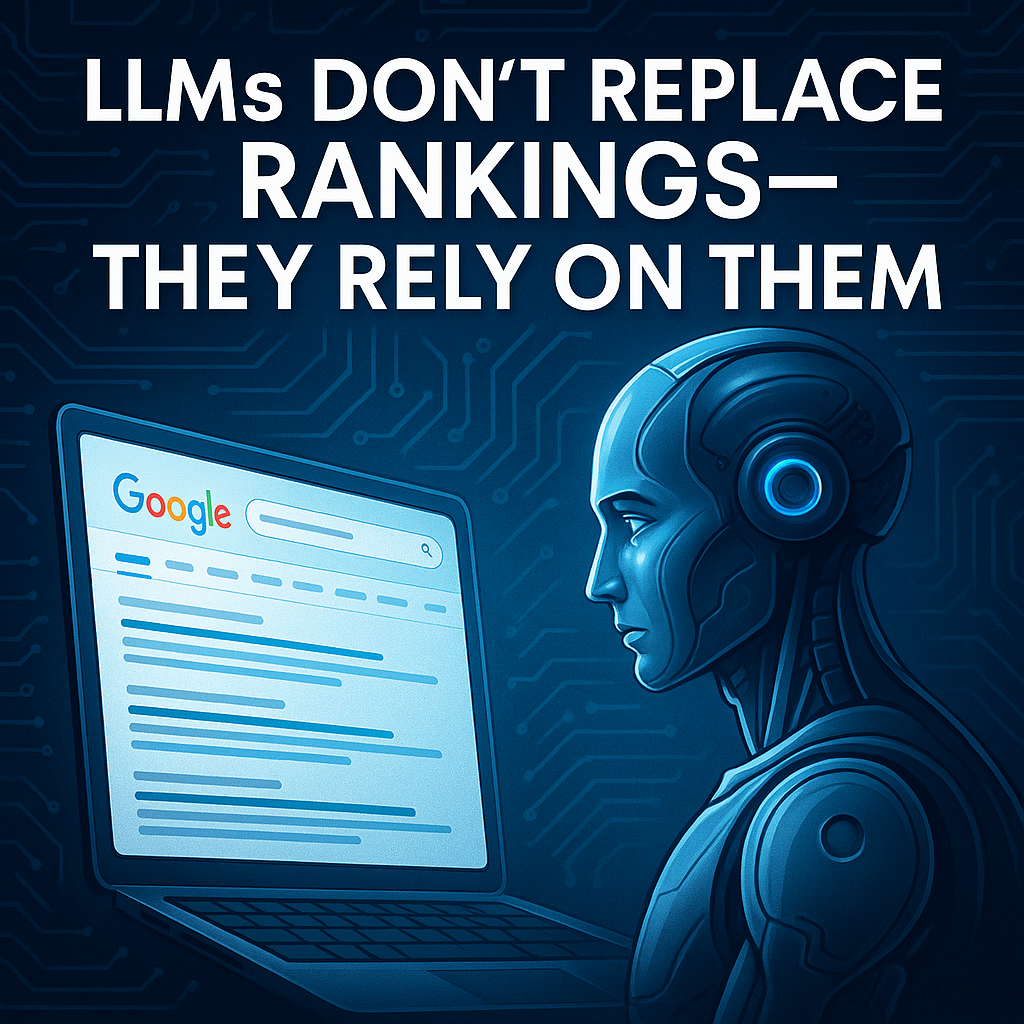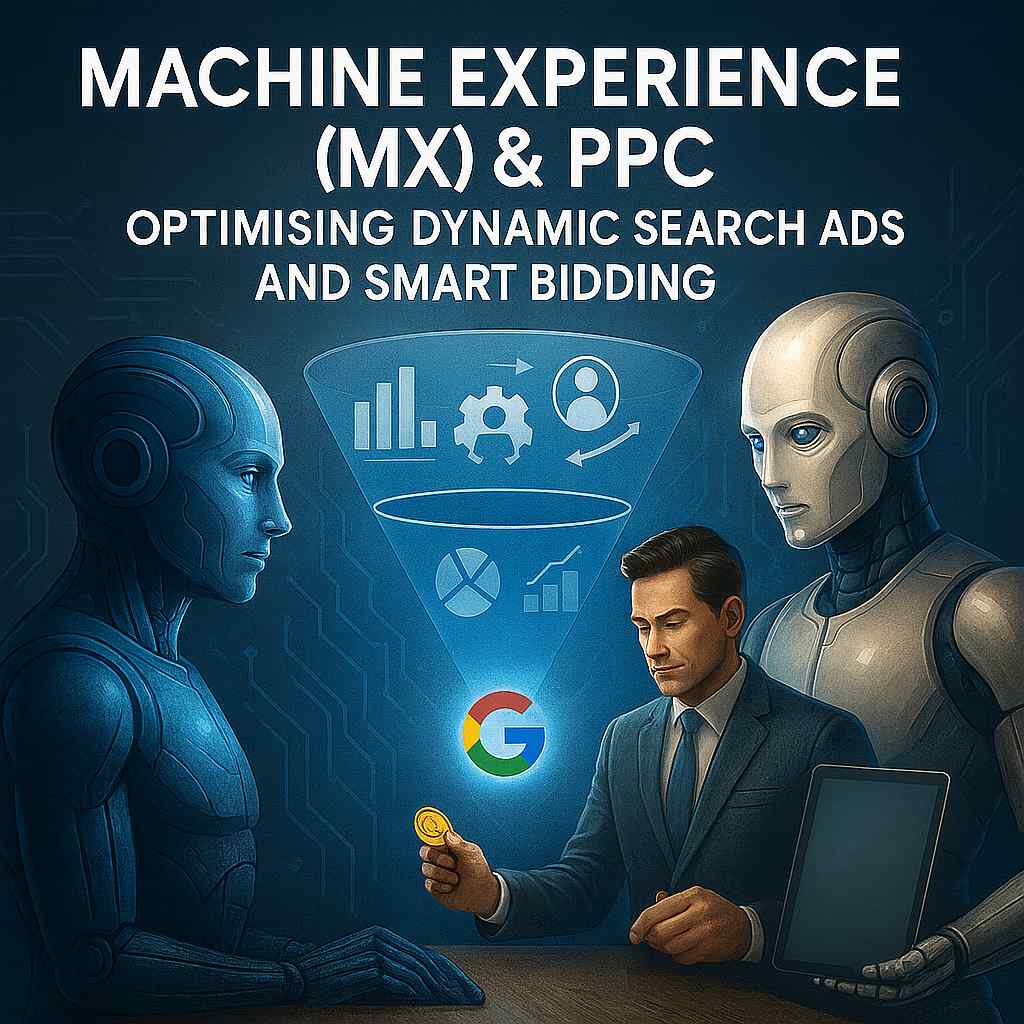Everyone’s talking about how AI is changing search, but what most people haven’t clocked is that GPT doesn’t replace traditional search infrastructure – it relies on it. That has huge implications for how we think about SEO, visibility, and the durability of existing systems. Why GPT’s Use of Search Engines Reinforces – Not Replaces –
Machine Learning – ML
Machine Learning (ML) is a critical component of AI, enabling systems to learn from data and improve over time without explicit programming. In this section we’ll explore how ML is being used to drive innovation, enhance decision-making, and power the next generation of search technology solutions.
Machine Experience (MX) and PPC: Optimising Dynamic Search Ads and Smart Bidding
Machine Experience (MX) is becoming increasingly relevant to how Pay-Per-Click (PPC) campaigns operate, particularly since the advent of dynamic ad formats and automated bidding. This article expands on the concepts discussed in the preceding posts of the MX series, providing a deep dive into the intricacies of Machine Experience MX within the context of PPC
Machine Experience (MX) Engines: SEO Capital Allocation Explained
In a previous article, Machine Experience (MX): The Hidden Practice That Powers Search Performance, I outlined how Machine Experience (MX) spans the full spectrum of how machines interpret and prioritise websites – across both SEO and paid media. In SEO specifically, that spectrum breaks into three key areas: Within that broader field, MX Engines represent
Machine Experience (MX): The Hidden Practice That Powers Search Performance
Despite its impact, Machine Experience remains a blind spot for most teams. It’s rarely owned, often misunderstood, and typically dismissed as “just technical SEO.” While UX has matured into a discipline with defined ownership and clear processes, MX has been left behind – quietly (yet significantly) undermining performance in ways most teams never trace back



